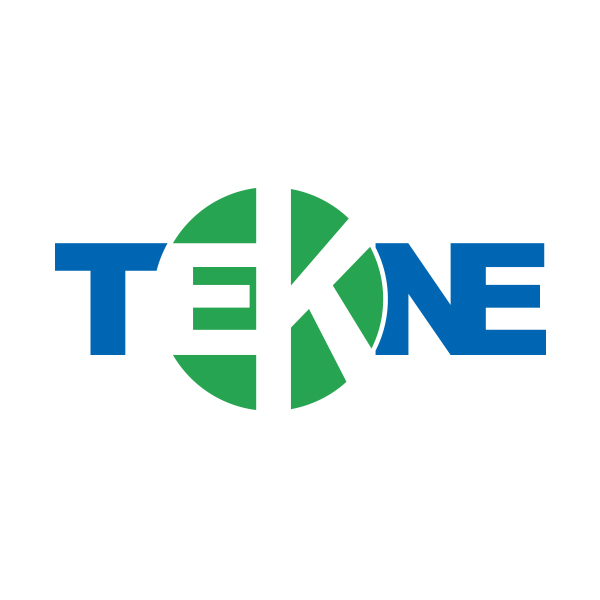MegaMaRt2
- Project name
- 737494 MegaMaRt2
- Period
- Apr 2017 - Mar 2020
- Call
- ECSEL-JU 2016
- Total Partners
- 26
- Member Partners
- 22
- Website
- megamart2-ecsel.eu/
- EU Funding
- 5,23 M Euro
European industry faces stiff globalcompetition. The electronic systems become more and more complex and demand modern engineering practices to tackle productivity and quality. The model-based technologies promise significant productivity gains, which have been proven in several studies. However there is a need for more research and development to scale these technologies for real-life industrial projects and provide advantages in runtime. MegaM@Rt will create a framework incorporating methods and tools for continuous development and validation leveraging the advantages of scalable model-based methods to provide benefits in significantly improved productivity, quality, and predictability of large and complex industrial systems. The project brings the model-driven engineering to the next level in order to help European industry to reduce development and maintenance costs, as well as to reinforce productivity and quality. The specific scientific and technological objectives include development of: - Scalable methods and tools for modelling of functional and non-functional properties such as performance, power consumption, security, and safety with mechanisms for representation of results of runtime analysis. - Scalable methods and tools for application validation at runtime including scalable methods for models@runtime, runtime verification, and testing. - Infrastructure for efficient handling and manage ment of numerous, heterogeneous and large models potentially covering several functional and non-functional domains. - Holistic traceability capable to link and manage models and their elements from different tools, and suitable for large distributed cross-functional working teams. - Specific demonstrators and validation of MegaM@Rt technologies through 9 complementary industrial case studies. MegaM@Rt will significantly increase productivity and quality of system development and shorten time-to-market for complex systems. This will help to reinforce European scientific and technological leadership in the design of complex systems. The project will also improve competitiveness of European companies that rely on the design and integration of complex systems in their products by reducing design and maintenance costs as well as the time-to-market.

























